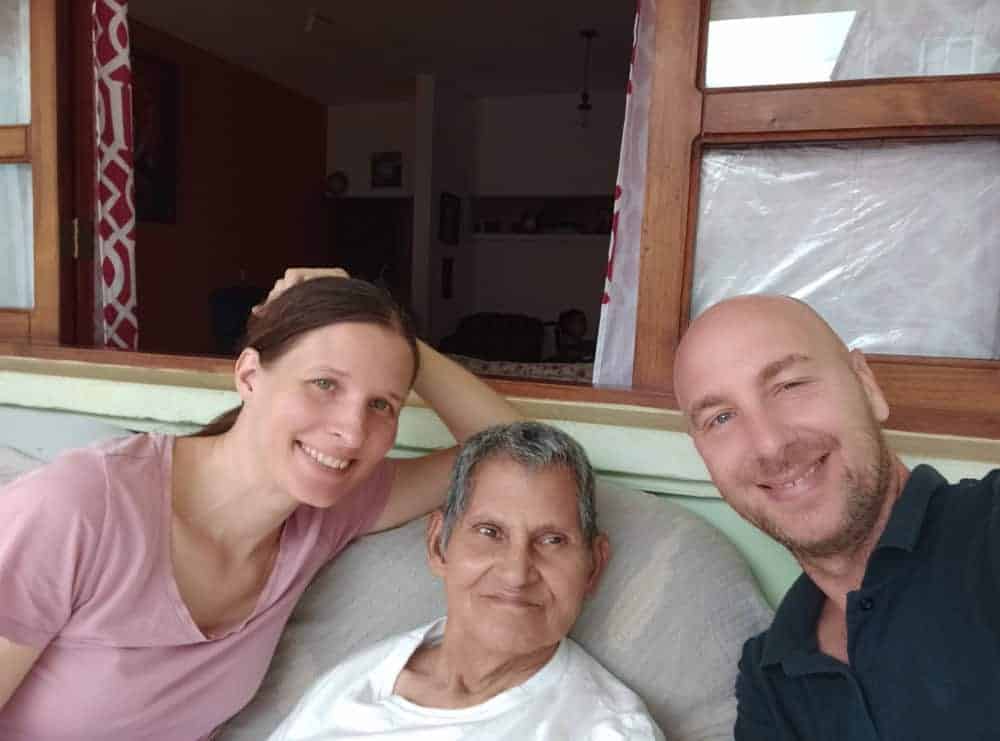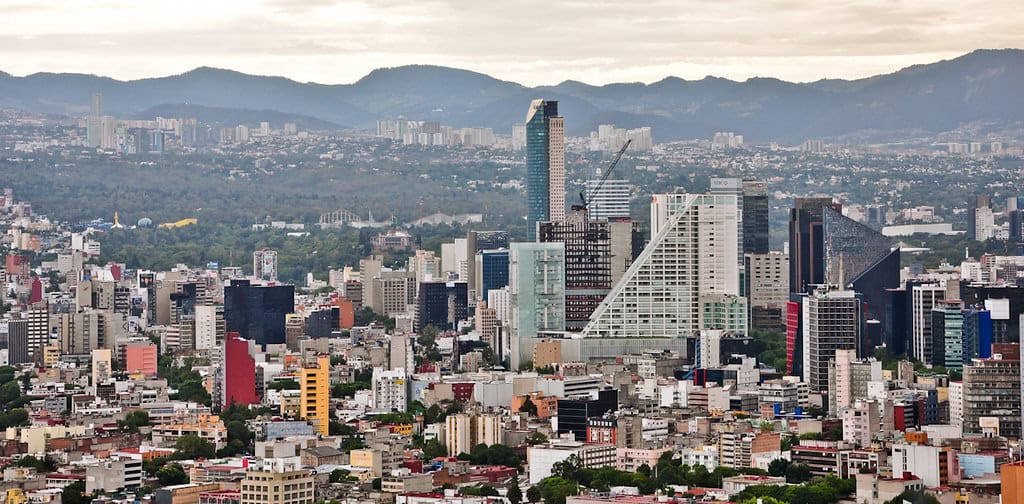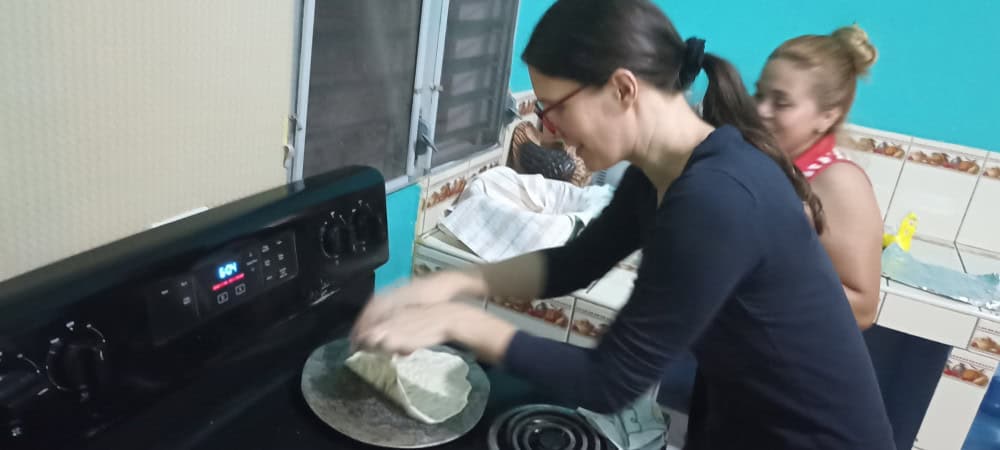In the last four posts, we shared the stories of people who once found themselves at the bottom, but they gathered courage, accepted the help of missionaries and started living a new life.
Yes, these stories are shocking; remember Patricia, her loneliness and the fight for her own children. And Milton, who was addicted to drugs, walked on the brink of death, but he gathered strength and followed the internal call for change.
When we give up ego and fear
As we listened to their testimonies, we asked ourselves, as many times before, why does God tolerate such evil and suffering? It’s true that the Lord gives each one of us our own cross, according to our abilities. If we don’t bear this in mind, it’s difficult to understand why the path of one person is windier and steeper than of the other.
But it is also true that we are tested for as long as we don’t face our own fears and weaknesses, we look into their eyes, give up our ego and accept the hand the Lord offers us. Life is one great lesson of humility.
In reality, the real change in life occurs only when we either give up fear or the belief that we can do it ourselves. Then we are open enough to recognize the people whom God sends us to help.
Tool in God’s hands
The missionary sisters with whom we lived in Bolivia for more than a month are undoubtedly a tool in the hands of God. We posted only two stories that testify about their love and work for the poorest. But there are so many other stories we could have written!
For example about Mary, who, like Patricia, sought shelter in the mission after she lived with her children on the street and escaped from her partner’s beatings. They accepted her, offered her accommodation in their house, helped her recover and even find a job.
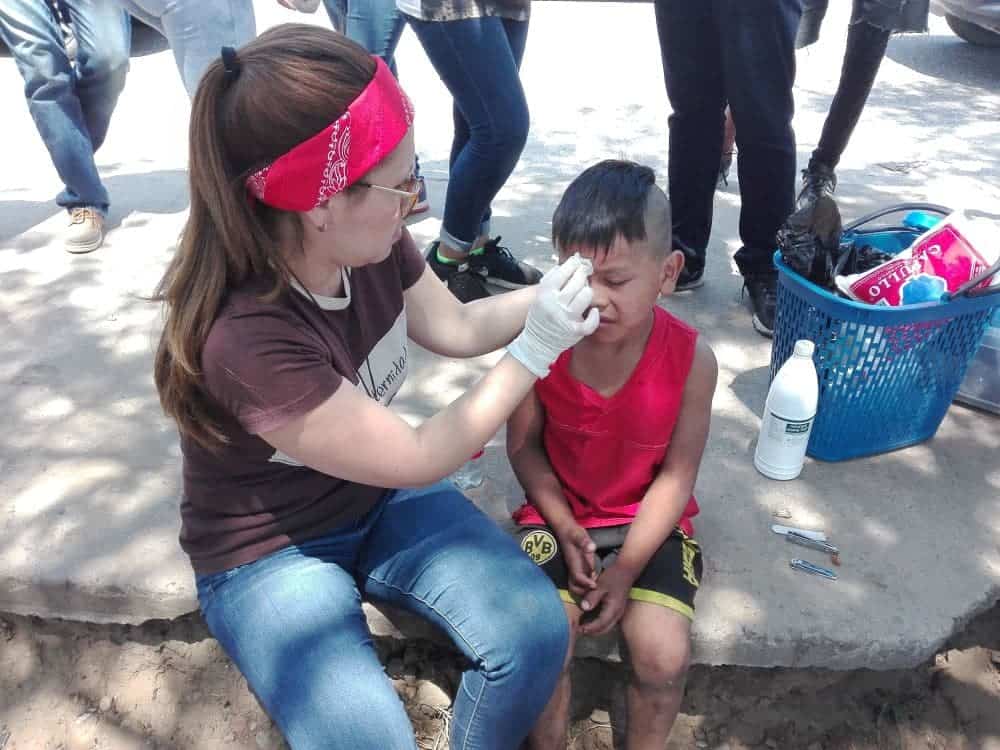
Or about a young girl who came to the missionary sisters with a bloody face after living for one year on the street and being beaten by the drug dealer simply because she didn’t want to take drugs.
That’s life on the street. In addition to fighting for survival, women are always targeted by drug traffickers. They often force them to use drugs in order to later become a regular source of their earnings.
The transformation
I could write a lot more about the missionaries’ pastoral, visiting young prisoners, serving people on the street and the poorest in the shacks in Santa Cruz.
I remember one day when we went with the sisters to the channel where the homeless people and drug addicts live. That was a special pastoral. We didn’t only take food and drink with us; we also took cutting and shaving equipment, medical devices, clothes and everything else for personal hygiene.
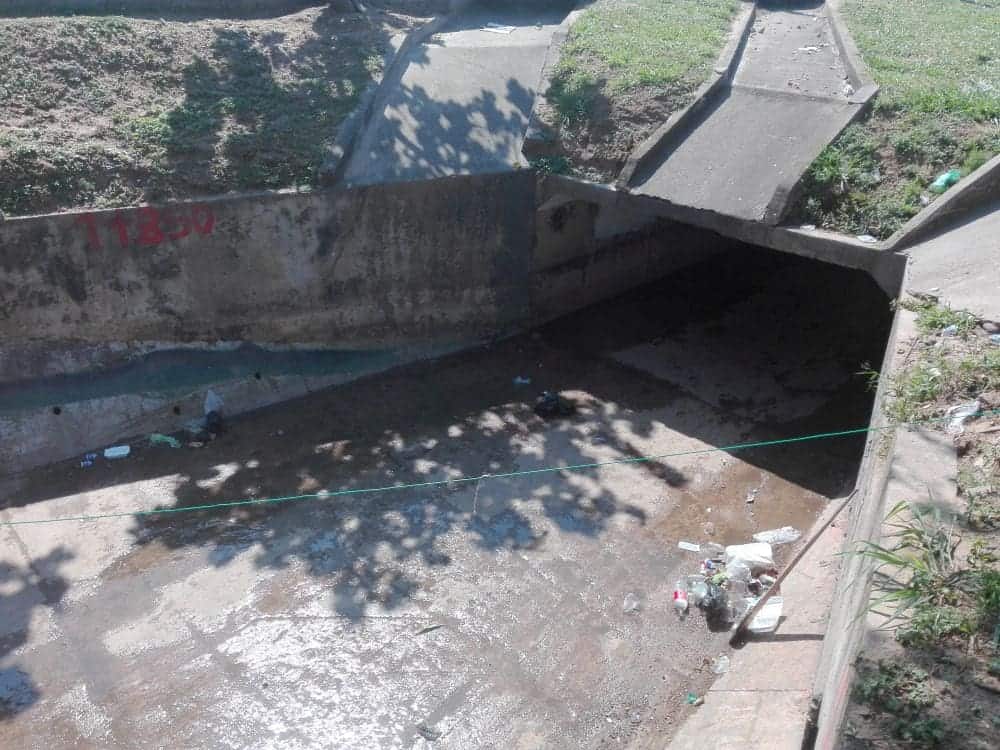
On the greenery in front of the channel, we set up chairs where the neglected, ragged, unwashed and untidy homeless people sat.
We watched their faces as they let the hairdressers and barbers take care of them. It seemed as though they completely surrendered themselves to the moment, stopped their time and just enjoyed, often with closed eyes and a smile on their faces.
Hair and beard, full of nits and lice, were falling on the ground, while their faces were changing and becoming the image of a decent person.

There were a lot of people in front of the channel that day. Some of the volunteers were playing the guitar and sang; others were walking from one homeless person to another, cut their hair and nails, took care of wounds and talked to them. Others went right into the inside of the channel and invited people out, from the darkness to the light.
The hardest thing is when you meet children at such places. Specifically, I have two ten-year-old boys in mind, brothers, who, like the rest of them, were neglected, with long dirty nails, but still with children’s joy and vivacity.
Only with Spirit and prayer
The El Camino missionary touched us deeply. After more than one month, when we were saying goodbye to them, we sincerely told them that we were enchanted by the way they worked, their simplicity, joy and dedication.

As often as they served the poor, they also sat in the chapel, prayed before the Most Holy, and talked with God. Such work is so demanding and intense that wouldn’t be possible without the Spirit, praying and giving to God.
Relationships and acquaintances
Before leaving, we also had to consult God, about what to do next. Our goal was Peru, but like in Bolivia (link) and Paraguay (link), we didn’t know anyone in Peru.
We prayed and asked God to show us the way. Of course He did. One Thursday, after the Holy Mass in the missionary’s chapel, we met Roni, a Bolivian who was a friend of the missionary sisters that often visited their volunteers and prayed before God.

Every time we get to know a new person and present them our mission we also ask about acquaintances in the countries where we plan to travel. The missionary sisters didn’t know anyone in Peru. Nor did the rest of the laypeople and volunteers. But God obviously used Roni to guide us forward.
The missionary in Atalaya
Right in the heart of Peru, on the edge of the Amazon Rainforest in the city of Atalaya, there is a Claretian missionary Alejandro, who comes from Bolivia. Roni and Alejandro met in Santa Cruz at a meeting, and kept in touch.
We knew that this is a sign to which we need to respond to. Roni offered to call Alejandro and ask if he was willing to accept two missionary volunteers from Slovenia for a while.
Three days later we met again. Roni talked to Alejandro who was excited about the proposal. We sat at the table and called the missionary in Peru. We made the arrangements and that set our next stop. Thank God!
Saying goodbye to the children
It was hard to say goodbye to the missionary sisters. We became friends, we shared many great experiences and interesting conversations. Even harder was saying goodbye to the children who came to the mission daily. Patricia’s children – Carla, Jose, and Juan Pablo – came to lunch every day after school and stayed there until evening.

We really bonded with them too. We played together, we taught them English, but our bond with them had already began to form when Patricia told us her life story.
That’s how it is. There is time of joy and time of sorrow. There’s time of arriving and time of leaving. There’s time for laughter and time for tears. Everything is necessary, everything has its own purpose and everything is according to God’s will.
With the Claretians in Lima
We kept in touch with Alejandro since we first talked. We told him that before coming to Atalaya we would like to spend a few days in Lima, the capital of Peru. He helped us with our wish too.

In Lima, there is a Claretian community with one of the most beautiful churches in the state (and the highest in Latin America). In the community, there are postulants, young people who are preparing to enter a monastery, as well as Claretian students who study theology in Lima.
“If you want, I can call the community in Lima to spend some days with them. This way, you can prepare well for the arrival at the mission,” Alejandro suggested.
Preparing for the jungle
How well we decided when we accepted their hospitality! Not only that we had a great place to rest after a strenuous Bolivia, the missionary brothers who also travel to the Amazon rainforest each year, told us a lot about Atalaya and shared the much needed advice for ‘survival’.

We didn’t have a good idea about where exactly we were going, and we didn’t know in what kind of a mission Alejandro worked. In fact, even now as I write this post, it’s hard to imagine that.
What they told us about we have only seen in documentaries; about tribes living deep in rainy Amazon rainforests, originally, completely cut off from the cities and civilization.
The missionaries can’t reach many tribes by car so they walk to their homes. Sometimes they walk for more than twelve hours, drive boats on the rivers, constantly on the lookout for snakes and fighting countless mosquitoes. But I will write about that in the following posts when report from Atalaya.
A long and exhausting ride from Lima is ahead of us; by bus we will travel through the Andes at the height of 4000 meters, and after 12 hours we will arrive in the city of Satipo, from which no buses drive because the road is difficult to drive on, it’s muddy, soggy and even dangerous.
From there to the mission, we will be driven by a SUV. It will take us another eight hours of driving on a very tough terrain.
We leave for a new mission with complete confidence in God’s precaution and guidance!
